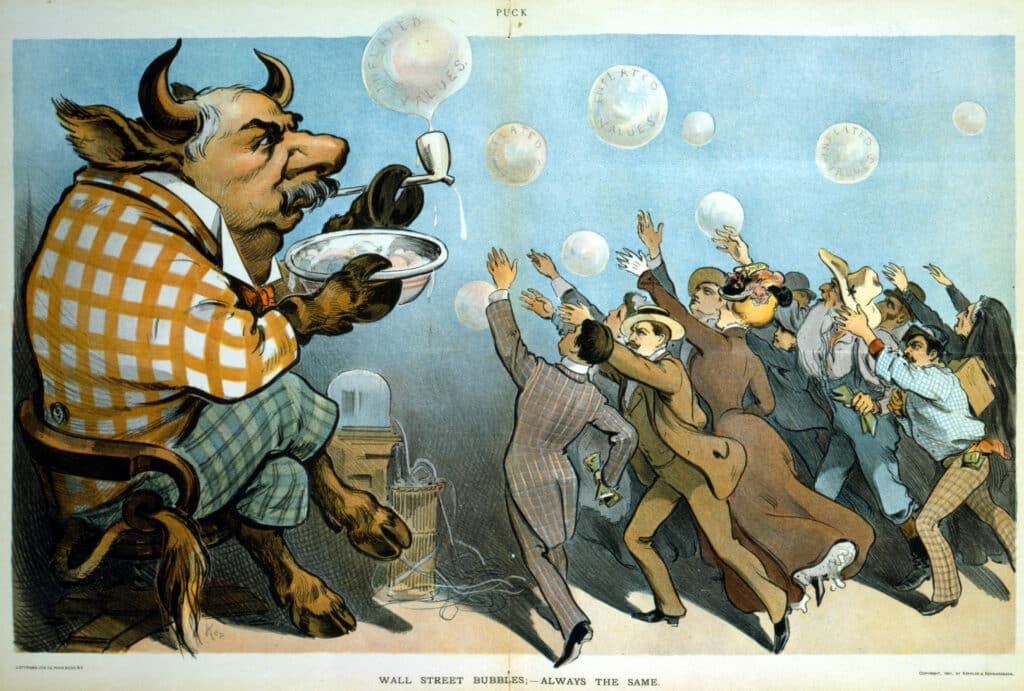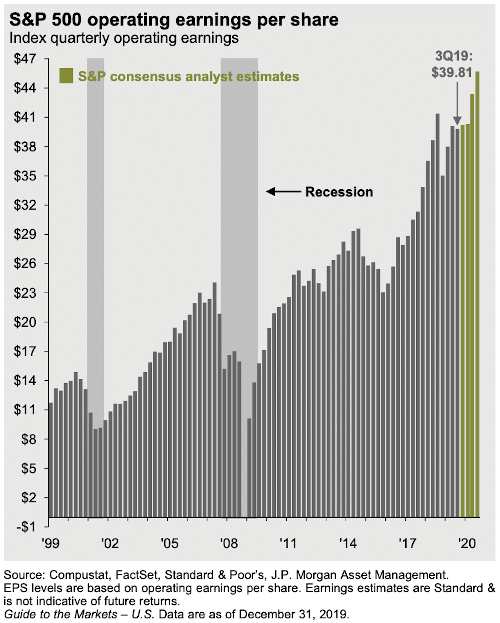
by Tim Langeman 2233 words (17 min read)
Introduction
Before the coronavirus, a false narrative arose that the economy was healthy, as measured by:
- growth in the stock market and a
- reduction in the unemployment rate
when in fact the recovery from the 2008 financial crisis was weak and the facade of strength was masked by low-interest rates which enabled governments, corporations, and individuals to achieve the illusion of prosperity through increased borrowing.1

But there is more to the economy than the stock market and unemployment rate. The bond market is larger and “smarter” than the stock market. When assessing the pre-coronavirus economy, one must also take into account the stagnant profits2 corporations disguised by borrowing in the bond market to fund purchases of their own stock, artificially inflating the stock market.
Like an Injured Athlete taking Pain Killers
The US economy was like a professional football player who had been “playing hurt” for many years.

Keith Allison Sports Photos (CC BY-SA 2.0)
The economy used debt like the football player uses pain killers. The debt masked the economy’s problems3 and allow it to perform at a higher level than otherwise would have been possible had pain-killers not dampened the brain’s ability to perceive reality. But unfortunately, an economy is not like an athlete in that it can’t retire at the end of a 15-year career.
Featuring: The Seven Dwarfs
The story I’m about to tell is intended to illustrate how corporations borrowed money and then used that money to buy their own stock, inflating the stock price.4 In finance jargon, this is called “leveraged stock buybacks”.5 Corporations have used stock buybacks as a major strategy to boost their share price but many corporations didn’t have enough profits to buy back their stock because the overall level of (pre-tax) corporate profits has been flat since 2012.6. While some companies may have been able to legitimately afford to buy their own stock with real profits, over 50% of those buybacks were done using borrowed money.
In fact, if you look at who had been the buyer of most of the stock purchases in 2018 and 2019, it had mostly been the companies themselves purchasing their own stock, not pension funds, individuals, or hedge funds.
I illustrate how this market manipulation works using a fairy tale featuring the seven dwarfs and their mining company “7 Dwarfs Mining, Inc.” Early in the story, the dwarfs seemed to have discovered an easy way of making money until an unforeseen emergency struck and disrupted their carefully laid plans.
It is commonly known that emergencies reveal.
This story illustrates what emergencies can conceal.
The Founding Members:

Once upon a time, the 7 Dwarfs Mining company was founded in a small Forest Kingdom town by Seven dwarfs:7
- Dopey,
- Doc,
- Bashful,
- Happy,
- Grumpy,
- Sleepy, and
- Sneezy
After a number of years in business together, the mining company was valued at $7 million8 and generated $700,000 in profit per year, which they split 7 ways.9
| Assets | # of Shares | Yearly Profit | Profit per Share | Debt |
|---|---|---|---|---|
| $7 million | 7 | $700,000 | $100,000 | $0 |
Finance-types refer to borrowing as “leverage” because, like a ‘lever’, it amplifies your effort.↩
You might wonder why this Federal Reserve chart looks different than upward sloping graphs you are used to. The first reason is that this graph uses pre-tax figures that do not include the boost that corporate tax cuts gave to the stock market. The other reason is that this graph is based on total profits, rather than earnings per share. In the rest of this article, you will learn how corporate debt artificially inflated earnings per share.↩
The fallout from the prior 2008 financial crisis was not dealt with. The government bailed out the system and assumed the debt. Most Americans’ wages had stagnated and healthcare and education expenses have gone up dramatically. In order to compensate for week customer demand, companies had begun to borrow money and buy back their own stock. Even with a deficit of $1 trillion/year, pre-coronavirus, the economy grew at a rate of 2.1% and was projected to fall to 1.6% by 2024.↩
Now with the coronavirus crisis, the federal reserve is buying some of that debt, as well as allowing corporations to issue additional debt at artificial prices.↩
“Leveraged” is just a fancy term used to indicate that financial activity is amplified by borrowing.↩
Pre-tax Corporate profits peaked in 2014 and have been roughly flat since 2012. The perception of growth is mostly due to the additional debt (share buybacks) and the 2017 tax cuts (federal government debt).↩
There are many variations of the Seven Dwarfs’ Names. I’m going with the 1937 Snow White and the Seven Dwarfs animated musical fantasy film produced by Walt Disney Productions↩
The value of all the stock is equal to the value of all the company’s assets minus its liabilities.
( total stock shares = number of shares x share price) ↩
I picked round numbers for this. If you want to help me improve the numbers, see the excel doc in the footer and edit it.↩

